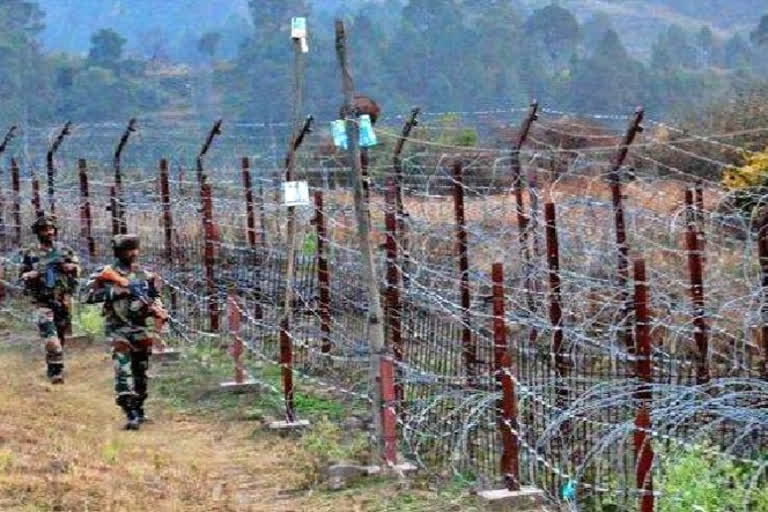New Delhi: The Ministry of Home Affairs (MHA) is consulting legal experts over the Assam-Meghalaya border deal after the Khasi Hills Autonomous District Council (KHADC) in Meghalaya has said that the disputed areas belong to private parties and the Meghalaya government has neither the authority nor the right to hand them over to Assam.
"The disputed areas fall under the Sixth Schedule of the Constitution. The government needs to take councils consent according to Section 41 of the Right to Fair Compensation and Land Acquisition and Rehabilitation and Resettlement Act, 2013, before any such handover process," said Titosstarwell Chyne, chief executive member of KHADC to ETV Bharat.
He said that the disputed land has individual ownerships and any solution need to be done with the consent of the landowner. "We will be a party to the petition over the boundary land issue in the court," said Chyne. It is worth mentioning that KHADC is one such tribal council in the Northeast that has been created under the Sixth Schedule of the Constitution. Each of them functions as a government under a specified territory.
Several organizations including some traditional institutions have already threatened to approach the court opposing the deal that was signed between Assam and Meghalaya governments.
Earlier, Assam Chief Minister Himanta Biswa Sarma and his Meghalaya counterpart Conrad Sangma signed a memorandum of understanding (MoU) on March 29 to end the decades-old border dispute between the two States.
In the first phase, they have come to an understanding of six disputed areas out of the total 12. Speaking on the issue, a senior lawyer in the Supreme Court and a Constitutional expert advocate SP Singh said that the matter needs to be handled very carefully. "The tribal council in Meghalaya can definitely approach the court following the fact that the disputed areas come under the Sixth Schedule of the Constitution and any decision over such land needs to be taken with the proper consent of the autonomous council and the owners of the land," said Singh.
Even as both Assam and Meghalaya signed the MoU, the deal remains to be ratified by the Parliament and the Assemblies of both the States. "The issue can be challenged both in the Court as well as in the Parliament," informed Singh. However, before the central government takes the boundary Bill to the Parliament for any ratification, the Survey of India needs to conduct a proper inspection of the inter-state boundary to redraw the boundary map.
Also read:Assam, Meghalaya sign accord ending 50-year-old boundary dispute



